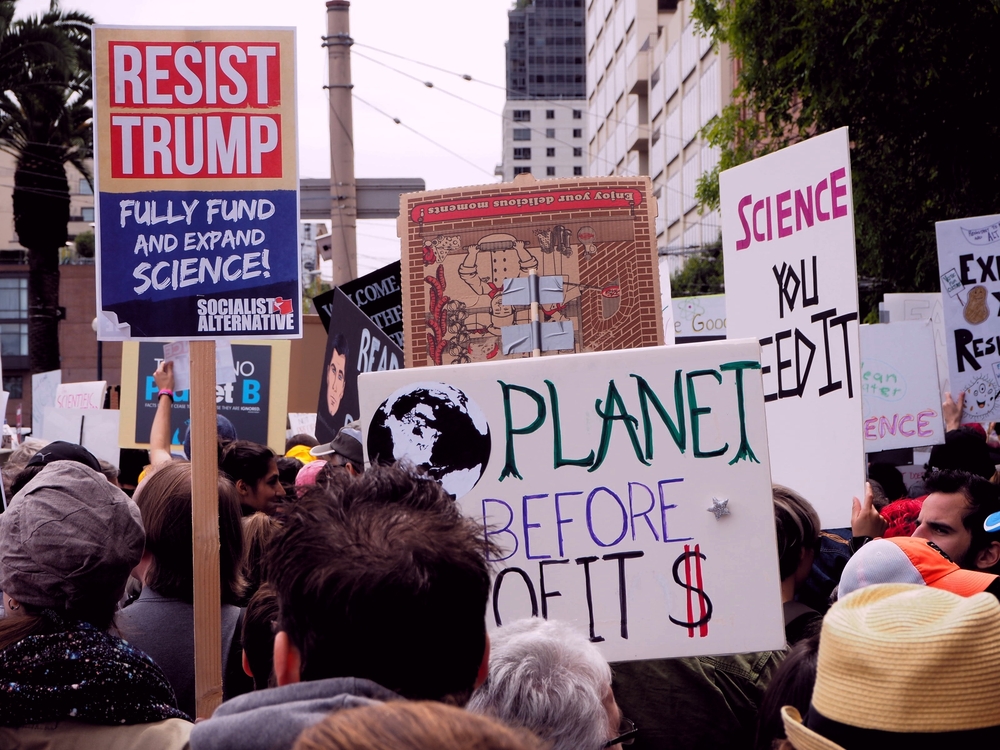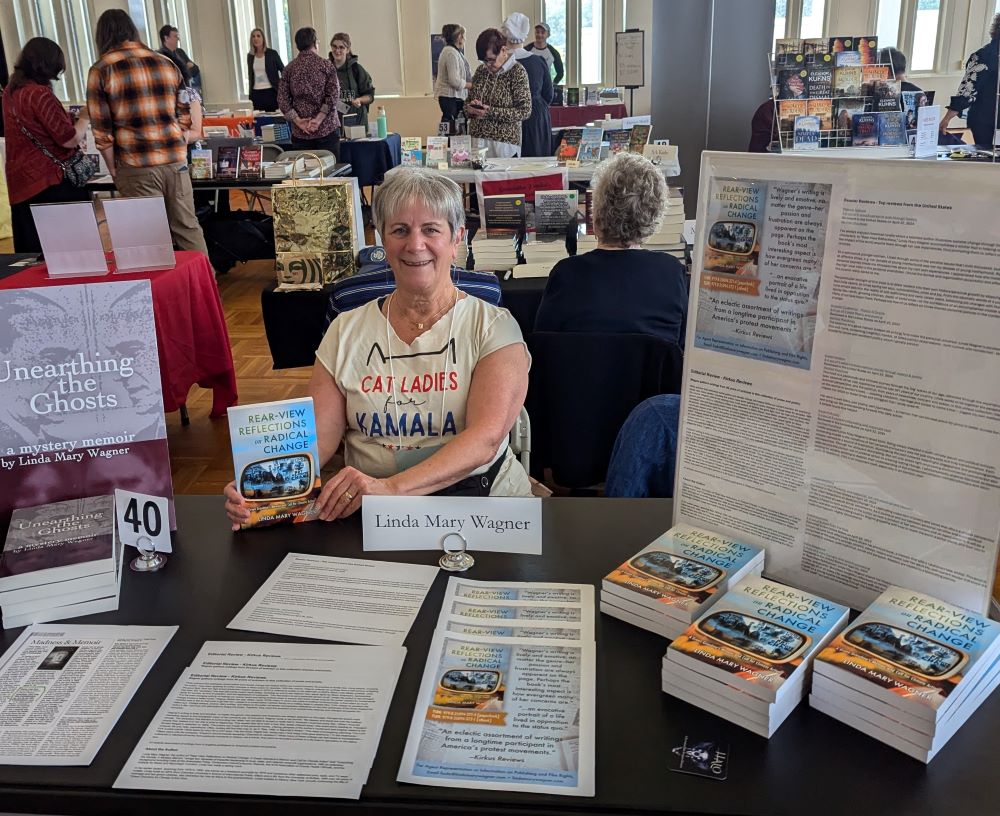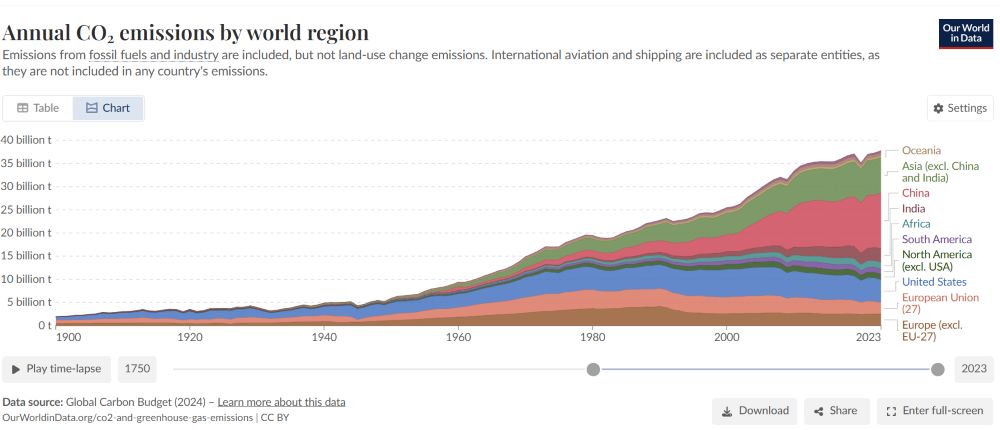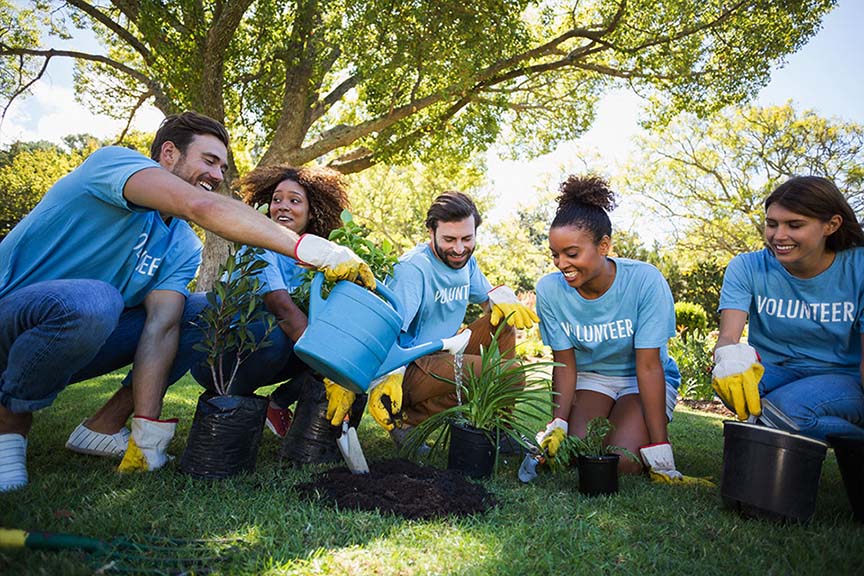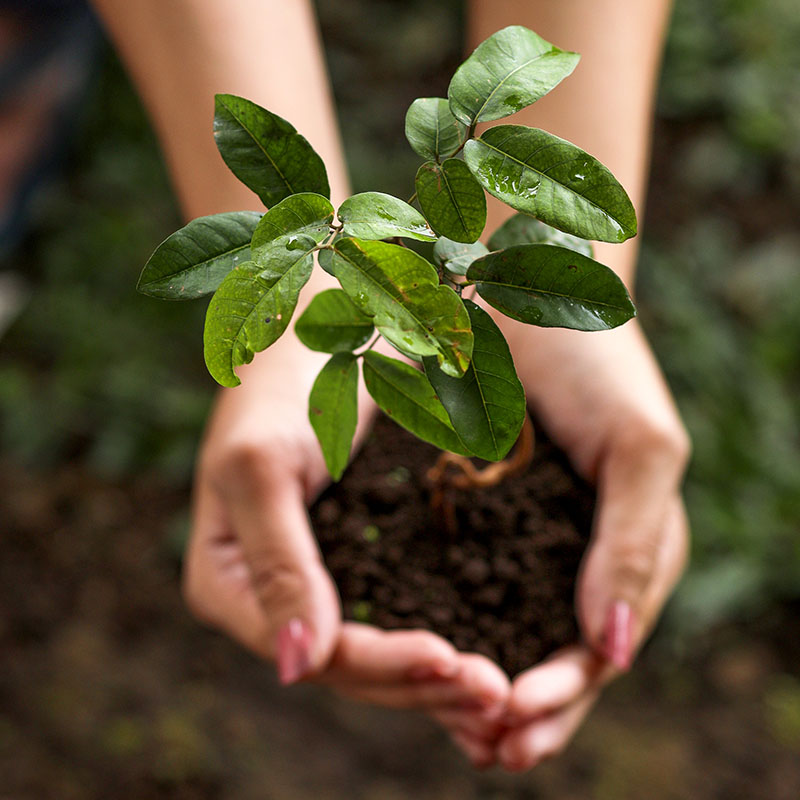One of the greatest problems for American homeowners in regions hit by climate change is the inability to afford or even obtain homeowners insurance. As severe storms such as hurricanes and related flooding increase and we see more intense wildfires, hailstorms and windstorms, the cost of insuring against such occurrences has begun to skyrocket. Recently, The New York Times dug into this conundrum and reported in its Climate Forward newsletter, “4 takeaways from our homeowners insurance investigation:”
“Insurers made headlines last year for pulling out of California. But states across the Midwest — including Iowa, Minnesota, Indiana and Ohio — have also seen insurance companies stop writing homeowners insurance, or making it much harder to qualify for coverage, according to insurance agents there. They’re also raising rates by 50 percent or more in some places.”
“(You can learn about the health of the homeowners insurance market in your state here.)”
Different states are responding to this challenge in different ways. As the Times reports, “Colorado, anticipating that insurers might start pulling back coverage after years of losses, is setting up a high-risk pool for homeowners who can’t get coverage on the private market. Florida is moving in the opposite direction: Its high-risk pool, called Citizens Property Insurance Corporation, now covers more homes than any private insurer, so the state is trying to push people off the plan.”
Throwing Cold Water on the Climate Change Problem

In an effort to reduce greenhouse gas emissions that result from heating water, The Washington Post recently covered suggestions for all households in “Why you should embrace using cold water, almost all the time.” The article notes that installing a heat pump water heater can reduce the energy needed to warm up your water. But it also lists ways to break the hot water habit:
- “By washing four out of five loads of laundry in cold water, you could cut 864 pounds of CO2 emissions in a year, an amount equivalent to planting 0.37 acres of U.S. forest, according to the American Cleaning Institute….Modern laundry detergents, even those that aren’t marked for cold-water use, are typically formulated to clean just as well at lower temperatures.”
- “Instead of taking long hot showers or baths that can dehydrate your skin, dermatologists recommend showers of no more than 10 minutes, using warm or room-temperature water — or even cold water — which is less drying to skin.”
- “You don’t need to pre-rinse before loading the dishwasher and experts recommend scraping food remnants off instead. But if you do rinse, make sure to use cold water.”
Is the EV market really in decline?
Tesla may be experiencing a decline in Electric Vehicle (EV) sales, but Ford is making up for it with a significant increase in sales of both EVs and hybrids. A newsletter from Inside Climate News reports, “Ford’s EV sales surge is being led by the Mustang Mach-E, a crossover SUV, of which 14,482 were sold, an increase of 107 percent, as of April, compared to the prior-year period. The F-150 Lightning pickup also gained momentum with sales of 9,833, an increase of 75 percent. Ford’s other EV, the E-Transit van, had sales of 3,927, an increase of 128 percent.” The report also cites a 47% increase in Ford hybrid sales, and it attributes Ford’s increase in sales partly to price reductions.
And Ford is not the only EV manufacturer that is seeing increased sales. As Inside Climate News reporter Dean Gearino says, “While I’ve focused on Ford, it’s far from alone among brands that have a combination of at least 5,000 EVs sold and substantial percentage increases in sales. The others include BMW, Cadillac, Hyundai, Kia, Mercedes-Benz and Rivian.”
Rising Ocean Temperatures & An Australian Victory
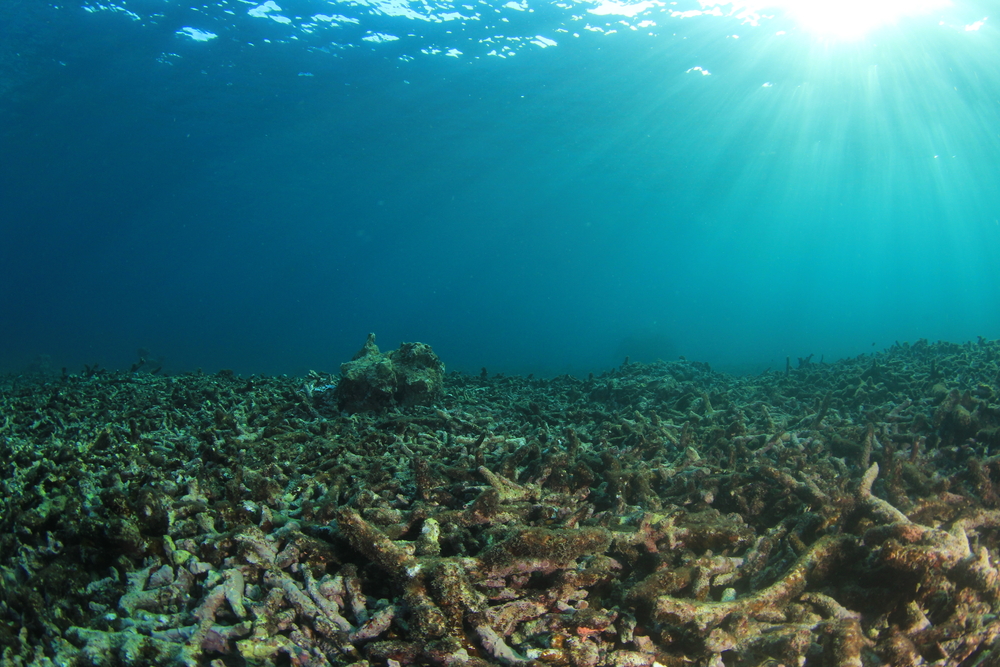
In his recent newsletter, Bill McKibben shares dire news about the rise in ocean temperatures, reported by Inside Climate News in “Increasingly Frequent Ocean Heat Waves Trigger Mass Die-Offs of Sealife, and Grief in Marine Scientists: Heat waves recently extended across nearly 30 percent of the world’s oceans, an expanse equivalent to the surface area of North America, Asia, Europe and Africa.”
But McKibben also celebrates a policy victory that Australian advocates achieved.
“Among the winners of this year’s Goldman Prize is Murrawah Maroochy Johnson from the Birri Gubba First Nation of Australia, who helped stop a major coal project on her ancestral land. As Mongabay reports, in late 2022, the Land Court of Queensland recommended the rejection of a mining lease for one of Australia’s biggest proposed coal mining and export projects, owned by billionaire Clive Palmer’s Waratah Coal Ltd. The project would have emitted 1.58 billion metric tons of carbon dioxide into the atmosphere over its lifespan and destroyed the 8,000-hectare (20,000-acre) Bimblebox Nature Refuge in the Galilee Basin of central Queensland state. As co-director of the organization Youth Verdict, Maroochy Johnson guided the group’s opposition to that historic court victory that resulted in multiple precedents making the link between climate change impacts and cultural and human rights.”
Here in New York, advocates from across the state gathered on May 14 to rally and lobby against plastic pollution by supporting a Packaging Reduction bill. Plastic pollution is a critical contributor to climate change, as covered in this past blog post. In the coming days, we will see if our state legislators push the bill through the House and Assembly for the Governor’s signature.




